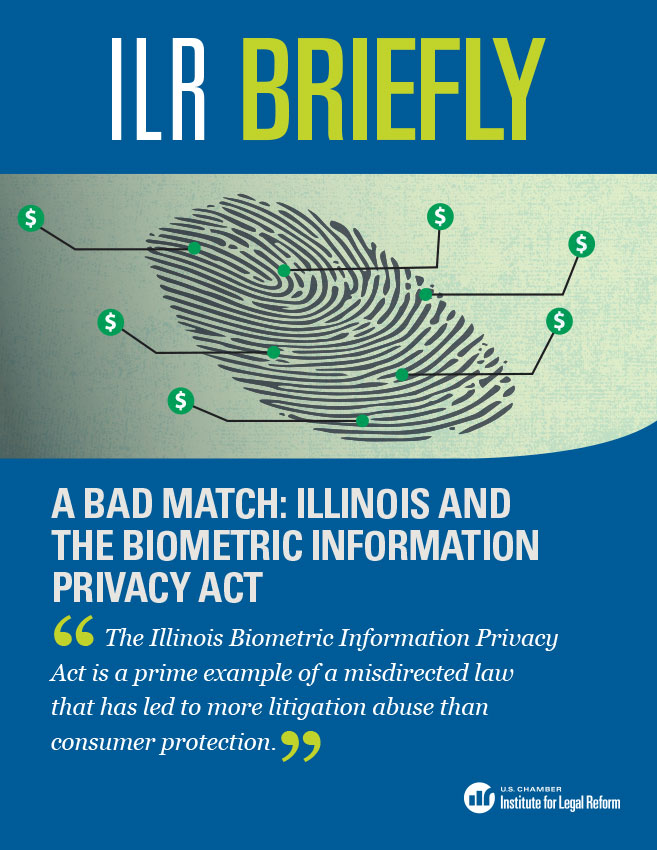“If a tree falls in a forest, and no one is around to hear it, does it make a sound?” Though the answer may be obvious, this well-worn philosophical question has been a fixture of writing and reasoning for at least a century. Last week, the Supreme Court of the United Kingdom answered the litigation equivalent of that question – “if data protection rules are breached but no one is harmed, is it possible to sue for damages?” Unlike the answer to the classic tree conundrum, the Court’s response is an emphatic “no.”
The case in question is Lloyd v. Google, a representative action (or class action in the US context) brought under the UK’s Data Protection Act (DPA, subsequently replaced by the GDPR) by former consumer rights group executive Richard Lloyd. He alleged that Google collected web browser data from millions of iPhone users without their consent between June 2011 and February 2012. As reported in Reuters, Lloyd’s lawyers had signaled they would seek £3.2 billion ($4.3 billion) in the class action, based on the premise that the mere “loss of control” of data is enough to warrant compensation.
The Supreme Court disagreed. On November 10th, the Court unanimously reversed an earlier decision by the country’s Court of Appeal and held that loss of control of data is not on its own enough to seek damages. According to Reuters, the Court effectively closed the door on attempts to “extend Britain’s class action regime to include compensation claims for alleged misuse of data – even if there is no obvious financial loss or distress.” The ruling is likely to disrupt similar litigation against big tech companies in UK courts, and may create an insurmountable barrier to no-injury claims under the DPA going forward.
That said, the news wasn’t all good for defendants. In the UK, representative actions require the class to have the “same interest.” This test has historically been applied rigorously, but in its reasoning the Court broadened the “same interest” test, which will likely make it easier to bring large class actions in the UK across a range of fields.
It’s a sad commentary on the state of civil litigation that a case alleging no actual harm could demand so much and advance so far – and certainly this phenomenon is not unique to the UK. Still, the Lloyd ruling provides a welcome sign of rationality and fairness for defendants in an increasingly hostile litigation environment. Hopefully Mr. Lloyd and similar plaintiffs will get the message: they’re barking up the wrong (litigation) tree.

